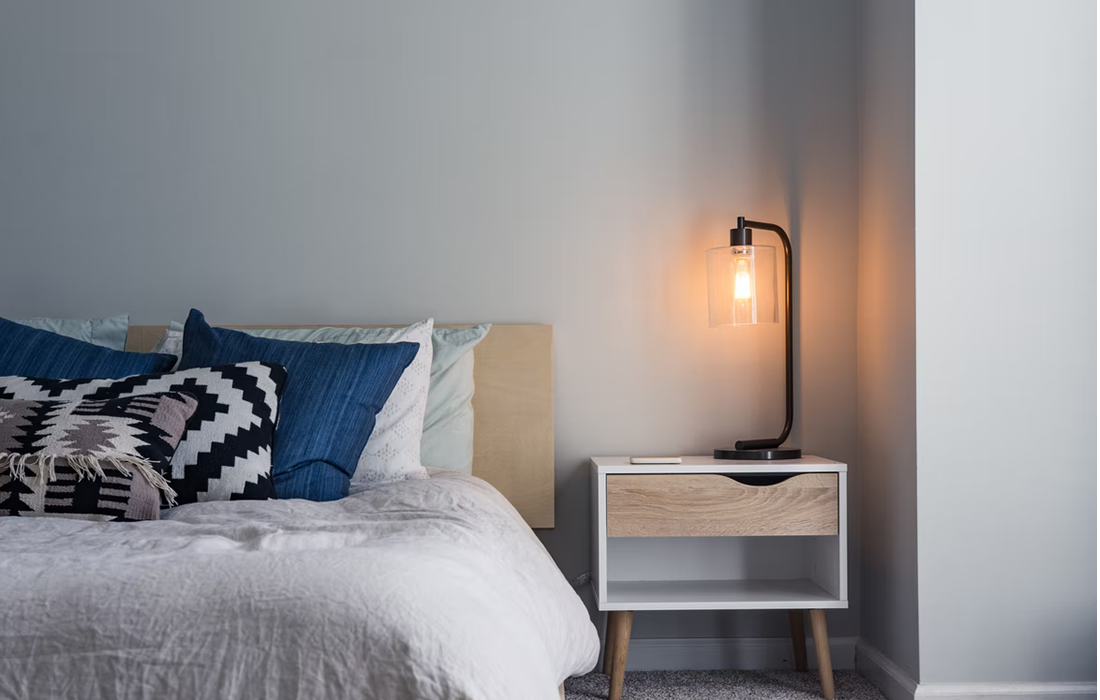Regenerative Medicine News and General Information
Light During Sleep Can Harm Cardiovascular Health
Exposure to artificial light during the night is widespread globally, particularly in industrialized countries. Given that light and dark exposure patterns play a key role in the timing of many behaviors and physiological functions, exposure to light in the evening and night has been posited to be deleterious for human health and well-being.
Studies have reported that light exposure during sleep increases heart rate (HR) and decreases HR variability (HRV) due to increased sympathetic activation. These studies either examined bright light (1,000 lx) over the entire sleep period or lower light levels (50 lx or dawn simulation) early or late in the sleep period.
In a recently published study researchers tested the hypothesis that room light exposure during habitual nighttime sleep is associated with increased insulin resistance and impaired response to an oral glucose tolerance test the next morning. The study was published in the journal Proceedings of the National Academy of Sciences.
Study Development and Results
The study included a total of 20 healthy adults that were randomized into the room light condition (one night in dim light <3 lx, followed by one night with room light at 100 lx) and the dim light condition (2 consecutive nights in dim light <3 lx).
Both groups were not significantly differente in age, body mass indfex (BMI), sex, and race.
The researchers found that exposure to even moderate ambient lighting during night time sleep, compared to sleeping in a dimly lit room, harms your cardiovascular function during sleep and increases insulin resistance the following morning.
Melatonin levels were similar in both conditions. In the room light condition, participants spent proportionately more time in stage N2 and less in slow wave and rapid eye movement sleep. If the body stays in the second phase of sleep and doesn’t get into the third phase, it won’t get into the deep sleep stage, which helps repair the body and regrowth tissues, build bone and muscle, and strengthen the immune system. The rapid eye movement sleep is important because it stimulates the areas of the brain that help with learning and is associated with increased production of proteins.
The results from the study demonstrated that even a single night of exposure to room light during sleep can impair glucose homeostasis, potentially via increased sympathetic nervous system activation, and showed the importance of avoiding light exposure at night during sleep and that this may be beneficial for cardiometabolic health.
The researchers gave some general tips for reducing light during sleep:
- Don’t turn the lights on. If you need to have a light on (which older adults may want for safety), make it a dim light that is closer to the floor.
- Color is important. Amber or a red/orange light is less stimulating for the brain. Don’t use white or blue light and keep it far away from the sleeping person.
- Blackout shades or eye masks are good if you can’t control the outdoor light. Move your bed so the outdoor light isn’t shining on your face.
Sources:
Northwestern University. “Close the blinds during sleep to protect your health: Even moderate light exposure during sleep harms heart health and increases insulin resistance.” ScienceDaily. ScienceDaily, 14 March 2022.
<www.sciencedaily.com/releases/2022/03/220314154355.htm>.
Ivy C. Mason, Daniela Grimaldi, Kathryn J. Reid, Chloe D. Warlick, Roneil G. Malkani, Sabra M. Abbott, Phyllis C. Zee. Light exposure during sleep impairs cardiometabolic function. Proceedings of the National Academy of Sciences, 2022; 119 (12) DOI: 10.1073/pnas.2113290119
https://www.webmd.com/sleep-disorders/sleep-101
Image from:
Photo by Christopher Jolly on Unsplash

